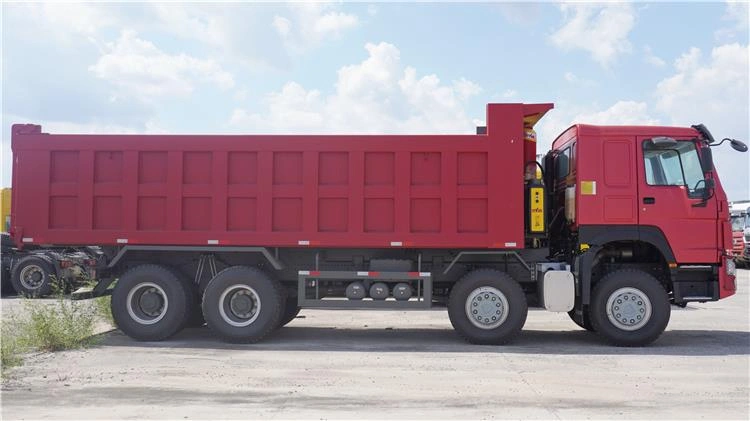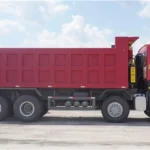Training Big Trucks/ Sino Trucks in Uganda. Uganda’s booming construction, logistics, and transportation sectors have created a rising demand for skilled heavy truck drivers. Big trucks—including Sino trucks, commonly used in infrastructure projects—are now a vital part of Uganda’s economic machinery. Operating these vehicles safely and efficiently requires more than just basic driving skills. It demands professional training, discipline, and a deep understanding of heavy vehicle systems. This blog explores the landscape of big truck and Sino truck training in Uganda, why it matters, and how individuals can pursue a career in this lucrative and growing field.
The Need for Heavy Truck Drivers in Uganda
Uganda’s infrastructure projects—roads, dams, oil pipelines, and housing developments—require constant movement of materials and machinery. This has increased the reliance on heavy trucks, especially Sino trucks, known for their durability and capacity. These trucks transport building materials such as sand, cement, stones, and heavy equipment to and from construction sites across the country.
With increased investment in sectors such as oil and gas, and regional trade with neighbors like South Sudan, DR Congo, and Rwanda, there is an urgent need for professional drivers who are trained to operate these trucks under different conditions—urban, rural, and cross-border highways.
Understanding Sino Trucks
Sino trucks, manufactured by China National Heavy Duty Truck Group Co., Ltd (CNHTC), are among the most popular heavy trucks used in Uganda. They are cost-effective, reliable, and can endure rough terrains, making them ideal for Uganda’s varied road conditions. However, due to their size, weight, and complex mechanical systems, they require specialized training for safe and efficient operation.
What Big Truck Training Covers
Professional big truck training in Uganda typically includes both theoretical and practical lessons. The goal is to equip trainees with the necessary skills to drive, manage, and maintain heavy vehicles like Sino trucks. Here are some of the core components of the training:
1. Vehicle Inspection and Maintenance
Trainees learn how to perform daily inspections of the truck, check fluid levels, tire pressure, brake systems, and lights. Preventive maintenance is also taught to reduce breakdowns and improve safety.
2. Driving Techniques
Instructors guide learners on how to handle big trucks on various roads—flat terrain, hills, and muddy construction sites. Proper gear use, braking techniques, and turning maneuvers are emphasized.
3. Load Management
Understanding how to load and secure cargo properly is essential. Overloading and improper load distribution can lead to accidents or damage to the truck.
4. Road Safety and Traffic Rules
Heavy truck drivers must follow road safety laws strictly. Training programs include defensive driving, understanding traffic signs, and managing driving hours to avoid fatigue.
5. Emergency Response
What happens when a truck breaks down in a remote location? Drivers are taught basic troubleshooting and emergency procedures such as using safety triangles, fire extinguishers, and first aid.
Who Offers Heavy Truck Training in Uganda?
Several technical schools and driving institutes across Uganda for Example KCI Institute, offer specialized training in big trucks, including Sino trucks. These programs usually range from 2 to 6 weeks depending on the level of experience and desired certification. Some reputable institutes also offer refresher courses for experienced drivers seeking to upgrade their skills or renew licenses.
Candidates must usually possess a valid driving permit (at least Class B), and be physically fit to handle the demands of heavy-duty driving. Upon completion of the training, most institutes offer a Class CM or CH driving license, which qualifies individuals to operate commercial trucks in Uganda.
Career Opportunities After Training
Completing a professional big truck training course opens up numerous career paths. Trained drivers can work in:
- Construction companies
- Transport and logistics firms
- Oil and gas companies
- Government road works agencies
- Private haulage services
Due to the shortage of qualified drivers, trained professionals are often in high demand and can command competitive salaries. Some even go on to become instructors or open their own transport businesses.






